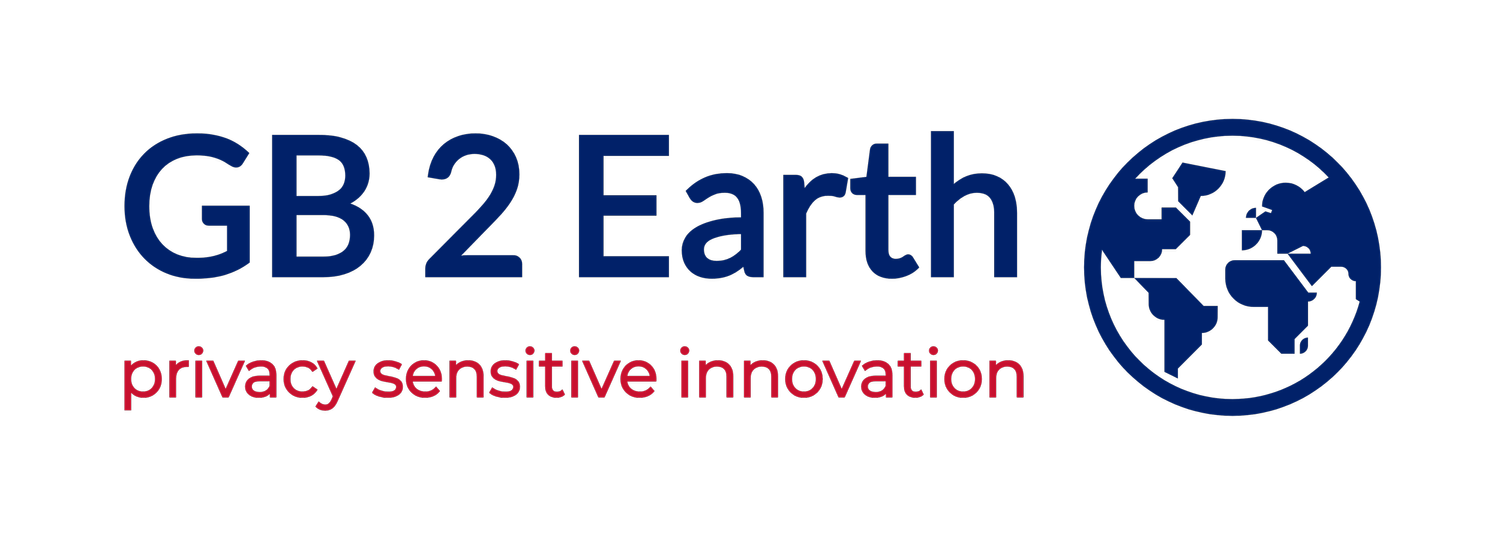imagine we could find a door into the future …
… via a totally different kind of book … a book like nothing we’ve ever seen in human history … a book for the 21st century and way beyond.
what is a book, after all?
a place to meet the way other people think.
a place to discover and listen to the voices of people who lived thousands of years ago … or just yesterday … or three years before that.
a place where in the hurly-burly of modern society we can actually consider carefully what we think, when faced with the thoughts and aspirations and ambitions and ideas of other people like ourselves.
a place where anyone can access genius, at very little cost.
a place where anyone can discover their genius.
a place where results are obtained and processes are defined.
a place to manifest our discontent, and propose a solution which might even work.
a place to agree and improve and push forwards and encourage.
a place to learn with others — and self-learn, too.
a place to become a better human, in the presence of better humans.
finally, a place to aspire to compassion, love, forgiveness and redemption: that is, truth — in all its obvious and inevitable relevance.
and what enabled the book?
the printing-press. that is, the gutenberg printing-press.
and what characterises a good book?
no one needs to be present to benefit from it, apart from the solitary reader. all the learning that can be extracted may be enjoyed in the presence of others, especially in those contexts where the oral traditions are recovered — reading to children; poetry readings; speeches and soap-boxes …
in this sense, in a supremely busy world, all of us who choose may find it much easier to create daily spaces where books may be read with utility than meetings attended with sensibility.
primarily, then reading a book is an asynchronous activity.
and so a book, in other words, is … an asynchronous (meta)universe …
and so where does “never meet again” come in?
“never meet again” has a mission: make the metaverse, to date a synchronous activity and set of tools which require people to arrive simultaneously in order for its functionality to even begin to be able to exist, become an asynchronous activity.
we believe that many technologies can enable what we have been calling for a number of years the #gutenbergofintuitivethinking: the printing-press which serves to capture and validate intuition for a tech age using tech tools:
https://platformgenesis.com/2021/09/09/intuition-validation-engine/
we have to date been proposing ai-like tools, on the back of a project we delivered for a defence organisation competition back in 2019, in the uk.
we don’t now discard the use of deep neural networks and similar in the future for such purposes, but when the synchronous metaverse first came along, we didn’t feel there existed an especially good fit with our ideals and imagineering. and so we were, at the time, much more enthusiastic about the aforementioned ai-like tools.
however, on realising that the metaverse CAN be tweaked into asynchronicity, after a conversation recently with the irish tech thinker james corbett, we suddenly realised the need for human reflection — and, thus, both the capture and validation of the same with sustained utility — could now be engineered into these fields and processes of technological endeavour.
so, in short, what’s the outcome?
we have a new type of book.
we have the door to that book in front of us.
and it exists in the form of the asynchronous metaverse we have realised may be delivered for the benefit of the next millennium — or maybe more! — of book-readers; of humans who aspire to real genius; and more generally of a humanity which looks to promote compassion and kindness in all that it does, as — at last — a deep tool of evidence-based experiences can be scoped, created and ultimately achieved.
now read an example book proposal here.

